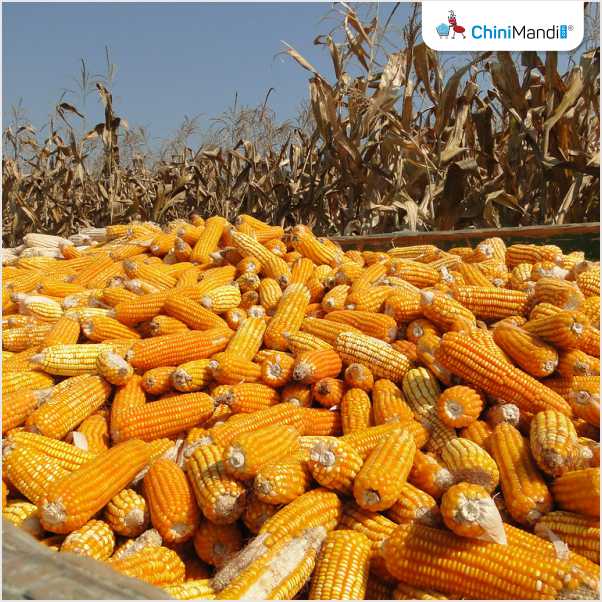The Cabinet Committee on Economic Affairs (CCEA), chaired by Prime Minister Narendra Modi, on Wednesday approved an increase in the Minimum Support Price (MSP) for 14 kharif crops for the 2025–26 marketing season, including a hike in maize prices from Rs 2,225 to Rs 2,400 per 100 kg.
While the move is aimed at boosting farmer incomes, it has raised concerns across multiple sectors that rely heavily on maize as a key input — particularly poultry farming, ethanol production, and starch manufacturing.
In Maharashtra, one of the leading states for poultry production, the Poultry Breeder & Farmer Association (PF&BA) voiced apprehension over rising feed costs that could impact the viability of their operations.
“The MSP declared by the government shows around 7% increase in maize prices and a 9% hike in soyabean seed prices,” said Sanjay Nalgirkar, president of the PF&BA (Maharashtra), speaking to Chinimandi. “With a likely decline in soyabean crop due to last year’s low prices, we anticipate a 7–8% rise in feed costs in the coming year, which will make poultry business unremunerative.”
Nalgirkar emphasized the disproportionate burden placed on poultry farmers, who have no price support mechanism despite being major consumers of these raw materials. “Poultry consumes almost 60% of soya and 50% of maize produce in our country. There is MSP for our inputs but there is no any MSP or assurance for our poultry products. Global soya and maize rates are below or same as our rates so no much export was done this year. If the poultry production goes down then soya and maize rates may not be sold at MSP,” he further added.
India’s grain-based ethanol sector also says it is facing increased input costs due to the MSP hike. The industry points out that government initiatives to boost maize use for ethanol blending have driven up demand, pushing prices upward. Yet, ethanol procurement prices have not risen accordingly, squeezing margins and threatening production sustainability.
The rising maize prices are also expected to impact starch-based industries that rely heavily on maize as a raw material.

















